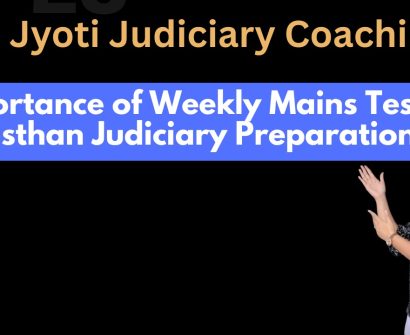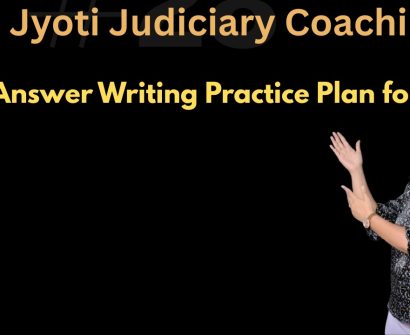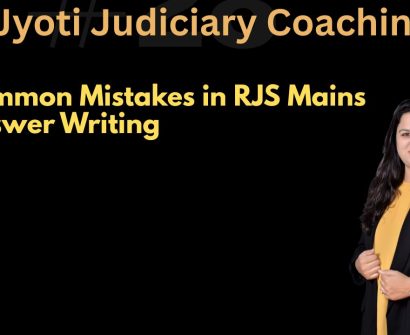
Defined in section 115 of Indian Evidence Act, 1872, Estoppel is a rule of evidence which states that if a person has by his declaration , act or omission , intentionally made one to believe something and the other person has acted on that belief, the former is bind by the rule of Estoppel. In other sense a person is estopped from backing out from something he stated only when the other person has acted on that.
ALLEGANS CONTRARIA NON EST AUDIENDUS is a maxim , it states that a person alleging contrary facts must not be heard. The principle of Estoppel can be found in other laws as such: O2R2 CPC, S.11 of CPC Res Judicata, S.18 SRA, S.41 and 43 TPA,s.21 AND 53 SOGA.
If you want to be a judicial officer in Uttar Pradesh and are looking for UP PCS J coaching , then Jyoti Judiciary is a one stop solution. We offer UP PCSJ classes and all the material required to clear UP PCS J examination. Mains answer writing, group discussion , model papers, judicial services mock test and interview guidance are provided to enhance you and prepare you comprehensively. Hurry Up! Enroll now.
In the case of Municipal Corporation of Bombay v Secretary of State 1904, Bombay H.C, it was held that the principle of Estoppel is when a person induces another person to believe a fact , through his words or conduct and then behaves accordingly to that belief or to change his previous position, the person making such declaration is Estopped( prevented) from backing later.









